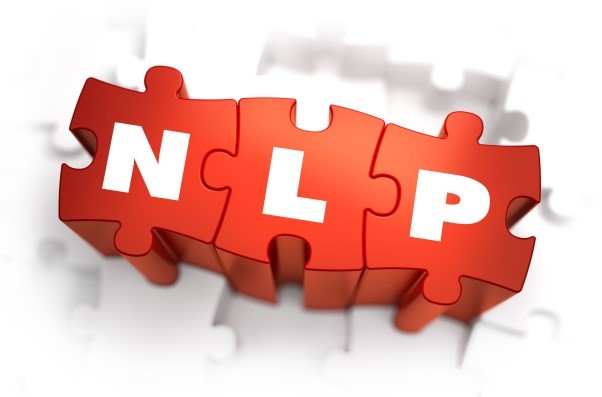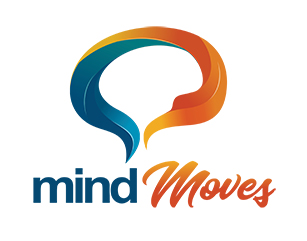What is NLP?

Let’s keep this simple. NLP = Neuro Linguistic Programming = the study of success. NLP tools and strategies can be found in education under the heading of accelerated learning, and if you’ve heard of Tony Robbins, his work is built on a foundation of NLP strategies and models.
Having studied NLP and used it in daily life since 2006, for me it’s all about understanding how I use my language to strengthen or create new habits, to create the outcomes I desire. I’m often asked by individuals if NLP really works, or if I’m still ‘doing’ NLP. To me that’s like asking if a car drives. It’s not the car that drives, it’s the person behind the wheel. It’s the same with NLP, it’s not whether NLP works or not, it’s people that work. It’s about how I, use the tools and strategies to create my desired outcomes.
My favourite definition of NLP comes from Joseph O’Connor. In his ‘NLP Workbook’ he provides an easy to remember summary of NLP presented as a three-minute seminar. He says it’s about three things:
1. Knowing your outcome
2. Having sensory acuity
3. Flexibility
Knowing your outcome in any situation means if things aren’t going to plan, you know what you want and can re-orient your direction, providing guidance on what action to take next. Sensory acuity is about noticing what you’re getting, or not getting. If you’re not getting the results you want, change what you’re doing – be flexible. You may have heard the quote from Henry Ford; “If you keep on doing what you’ve always done, you’ll keep on getting what you always got”. NLP is all about choices. If you notice your results aren’t getting you closer to your outcome, you can choose to do something different, or keep on doing the same thing. Remember, continuing to do the same thing is a choice as well!
Outcome – Acuity – Flexibility. What would you like to do differently?
If you’re interested in discovering how you can create flexibility and activate the resources you already have in your beautiful brain, call me for an obligation-free chat about mindMoves coaching and training options.
For more information and evidence to support the success of NLP, I recommend you refer to Dr Richard Bolstad’s website which provides links to up-to-date resources.
